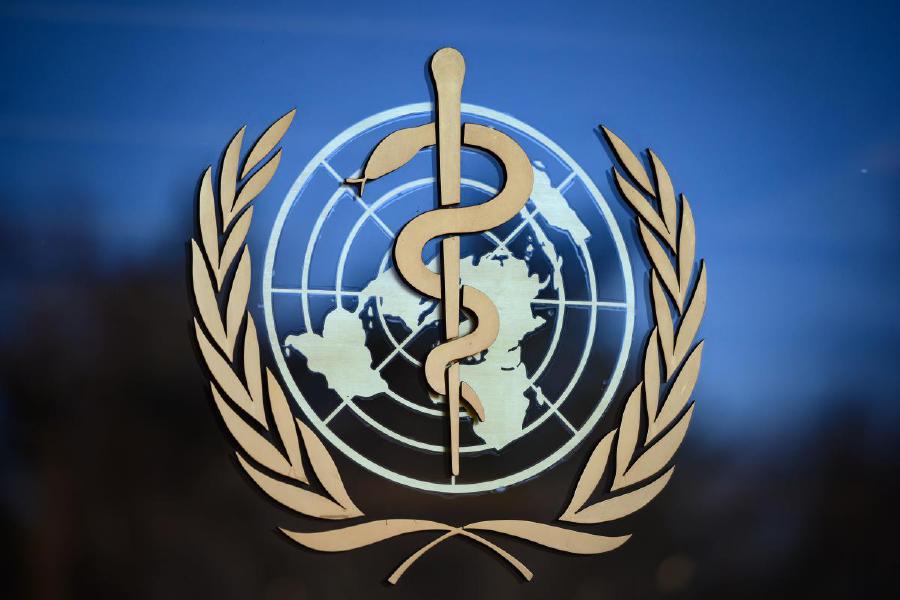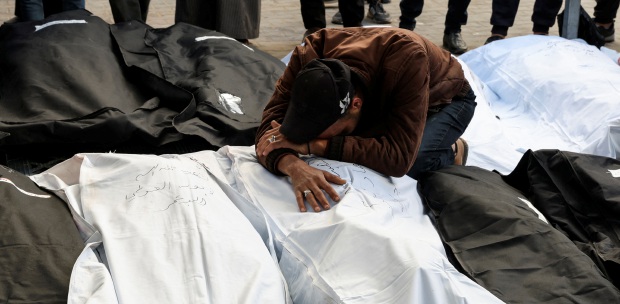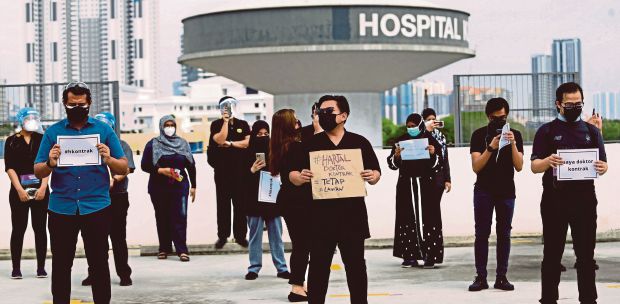COVID-19 may have made the World Health Organisation (WHO) famous, but an old Ebola outbreak is making it infamous.
At least 21 aid workers — both international and local — employed by WHO to fight the 10th outbreak of the deadly virus in the Democratic Republic of Congo in 2018 stand accused of serious sexual abuses, including rape.
An independent commission set up by WHO this week issued a damning report that may hurt the organisation in more ways than one.
One issue that has puzzled the commission is why weren't there any reports of sexual abuse when there were many victims complaining about it? The independent commission is right to be puzzled.
If an organisation has to learn about sexual abuses of its staff from the media, then it is not giving women the serious attention they deserve.
One victim even walked into WHO's local office in the northeastern city of Beni, accusing a staff member of making her pregnant and yet, there was no action taken. WHO's Office of Internal Investigation Service's response to the independent commission's enquiries about its action was befuddling to the extreme: no complaints were received by the office.
This is an office so steeped in the letter that it forgets the spirit of its function. How is it that so public a disclosure of sexual abuse not a report? This despite WHO's policy requiring its staff to report such abuse if they become aware of one.
WHO's insistence on a written report is neither a sign of zero tolerance for sexual abuse nor for inaction against it, which it is proud of.
This is the first of some flaws WHO must get rid of. Next, is its recruitment process which receives some bad mention.
The United Nations often insists on competitive bidding, but more than half of the locals employed were recruited without one. Such lack of transparency comes with its own danger.
The province of North Kivu, an Ebola outbreak area, is notorious for armed gangs. Lack of recruitment transparency, together with little to no checks on employment records, may have let in some bad hats into the organisation, as the report suggests. Add to this, the recruitment of a predominantly male workforce — almost a 75 to 25 percentage — and the danger is compounded.
This wasn't just a number problem. Except for finance, the local WHO office was men-heavy in leadership, coordination, planning and operations positions.
A little knowledge about the lay of the land would have informed WHO that it is as populated with women as it is with men. And sexual abuse victims are almost always women.
The softly, softly approach to training in managing sexual abuse risks didn't help either. Prevention of sexual abuse requires on time and frequent training. Instead, it was a case of late and insufficient training.
If the inquiry is right, the first training for the 10th outbreak didn't take place until five months after the epidemic.
To make matters worse, only 371 personnel out of 2,800 deployed had attended the training. Time for WHO to police its "policemen".
As the world got hold of the damning report, director-general Dr Tedros Adhanom Ghebreyesus vowed to The Guardian that there would be "zero tolerance for sexual exploitation and abuse, and zero tolerance for inaction against it".
The world is holding a watching brief. In the meanwhile, substantial reparation to the victims will help.





